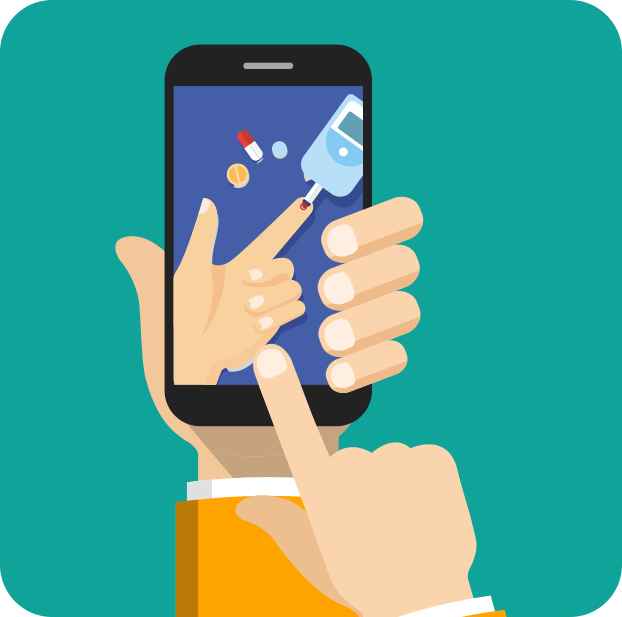
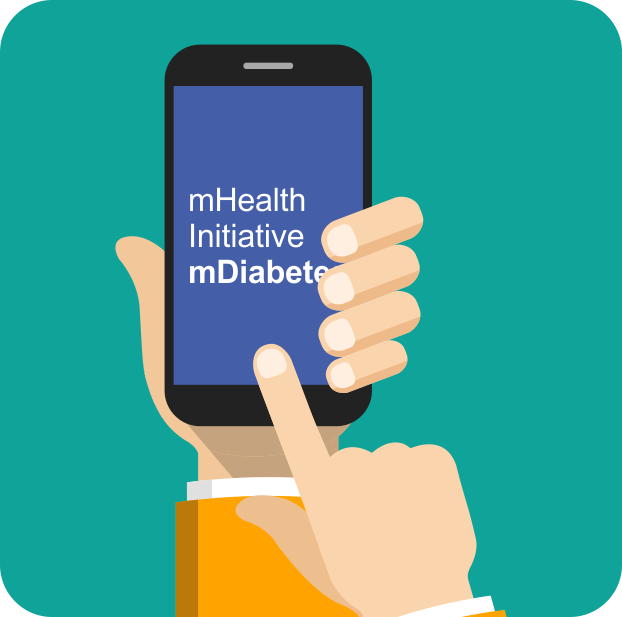
Mobile technology is permeating progressively into the daily lives of Indians. According to a Telecom Regulatory Authority of India (TRAI) report released in 2018, India has a mobile subscriber base of 1146.51 million.1 More and more people have started spending a considerable amount of time on their smart phones, allowing mobile technology and mhealth solutions in India to impact every aspect of their existence, including health. As the tech-savvy citizens seek easier means to receive care, mhealth technologies emerge as a desired solution in the Indian healthcare space.
mHealth or mobile health is the use of mobile-based solutions to deliver healthcare and improve medical outcome. According to the numbers projected by Grand View Research, the global mHealth revenue is expected to touch a whopping $49.12 billion by 2020.2 Digital technology is steadily empowering the healthcare sector and mhealth in India by optimizing how information is stored, shared and accessed, to improve the public healthcare experience. Electronic health records, health information exchanges, and web-based patient portals are all becoming universal features in clinical facilities across India, but the most widely adopted digital push, has undoubtedly been in mhealth technologies.
Text messaging is a particularly effective and inexpensive intervention because people carry their mobile phones with them throughout the day and can receive messages even without consistent connectivity or internet capability. A relevant example of effective text messaging is one of the mhealth initiatives in India called mDiabetes - a text messaging programme implemented among one million Indians to prompt them to eat healthy to lower the diabetes risk behaviour. The study, published in the Journal of Medical & Internet Research showed that people who got the text messages became more aware about the causes and complications of diabetes, which affects close to 70 million people in India. At the end of six months, people who got the text messages started eating healthier!3 In fact, Hitachi also has a Digital Diabetes Prevention initiative that leverages healthcare data analytics to generate insights, wearable technologies and remote AI-augmented human coaching to provide scalable and personalized telehealth offerings to enhance sustainable lifestyle goals.4
Besides increased mobile usage, there are other factors that render the concept of mHealth increasingly relevant to India. We are all aware how non-compliance with medication regime can lead to catastrophic health hazards. The use of mHealth apps can help people stick to their routine by prompting them to take their pills on time. For instance, let’s talk about the treatment for Tuberculosis (TB) in which any irregularity can lead to drug-resistant TB which can be fatal for the patient. India accounts for an estimated 2.2 million of the 8.6 million tuberculosis cases each year, according to the World Health Organisation.5 The use of mhealth in India for counselling, medicine reminders and free treatment contributes immensely towards eradicating this disease.


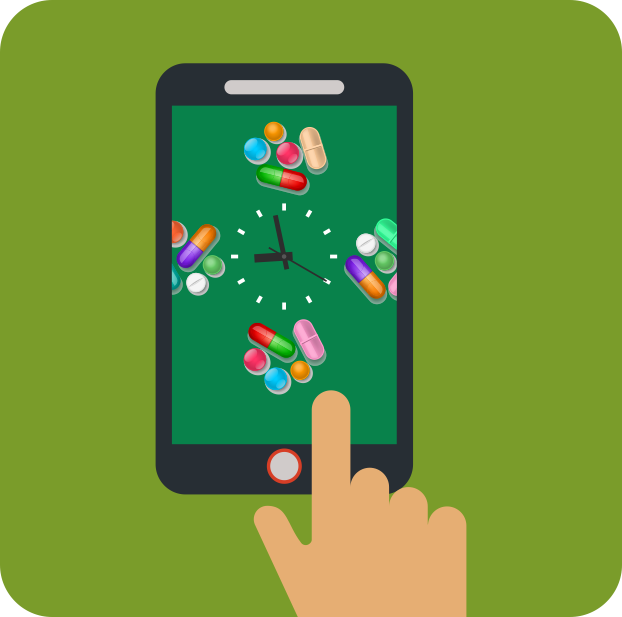
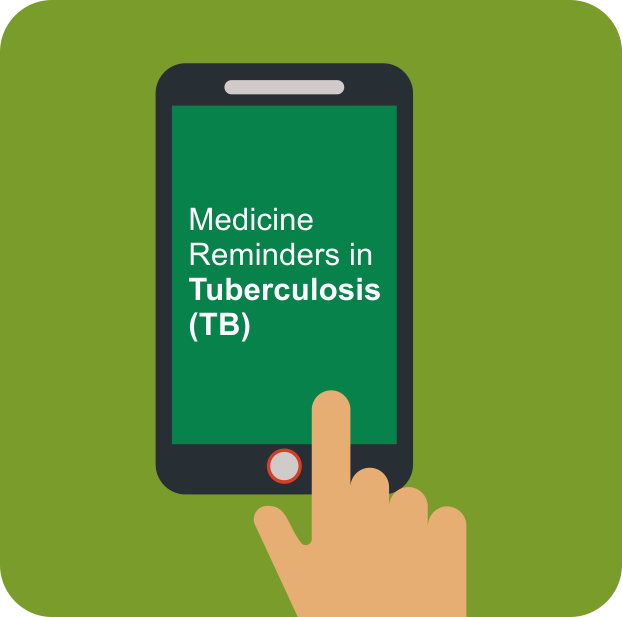
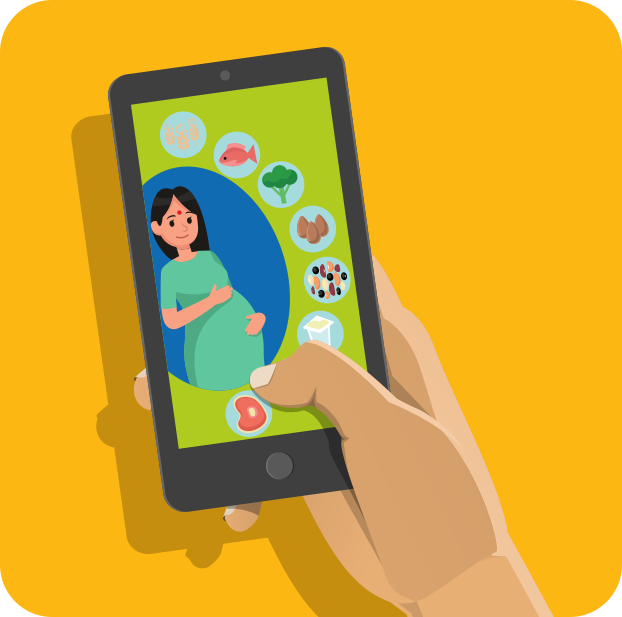
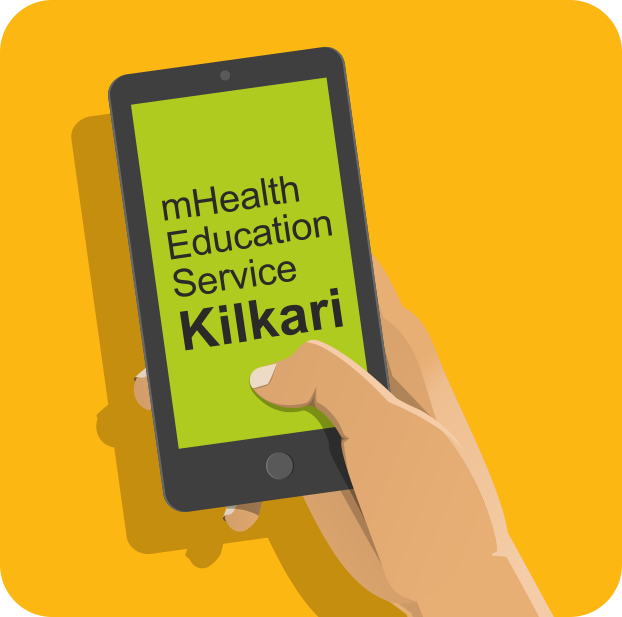
The advent of mhealth initiatives in India also sets the public purse to benefit. For instance, to visit a specialist in the closest city from a village, sometimes a patient has to travel long distance, resulting in not only spending money on the appointment, but also on other miscellaneous expenses. This is what dissuades the rural populace from seeking guidance until it’s a medical emergency, often leading to health complications. But now, mHealth and similar healthcare mobility solutions can compensate for the deficiency of healthcare workforce and infrastructure. So even if an expecting mother is not travelling for frequent check-ups, an mHealth education service like Kilkari can assist her by delivering free, weekly, time-appropriate 72 audio messages about pregnancy, child birth and child care, directly to the family’s’ mobile phones, right from the second trimester of the pregnancy until the child is one year old.6
Besides mobile phones, Information & Communications technology (ICT) also plays an important role in improving healthcare technology in India by offering efficient ways of accessing, communicating and storing information. IoT in healthcare and healthcare data analytics enable a seamless patient journey using clinical, biomedical, telemetry and environmental data to deliver value-based healthcare. It also helps in bridging the gap between the health professionals and the communities they serve, as well as between health researchers and medical practitioners. For example, if a patient picks up a tropical disease while travelling abroad and the local physician is unable to diagnose it, he can instantly share the symptoms with doctors sitting anywhere in the world using ICT and get help with the diagnosis, successfully treating the patient and increasing his own pool of knowledge.7
Though there was a general apprehension about mHealth applications being too complex, this resistance is beginning to dilute now as people have realized its benefits. The Government has commenced several mhealth initiatives in India like Vaccine Tracker app, India Fights Dengue app, Swasth Bharat mobile app, National Health Portal, E-RaktKosh, etc. to improve healthcare services. Electronic Health Records (EHRs) of citizens are envisaged to be created for ensuring continuity of care and other associated benefits. Delivery of services to citizens through online mode is at the core of the overall electronic health ecosystem being talked about under the Digital India Programme.
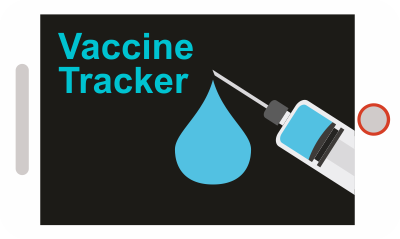
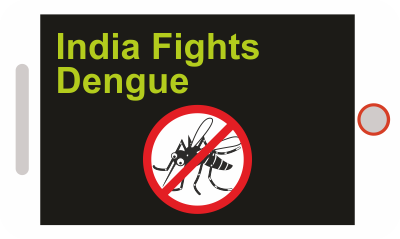
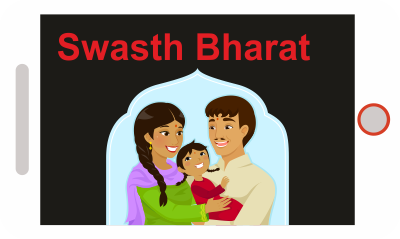
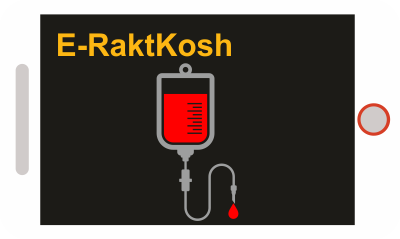
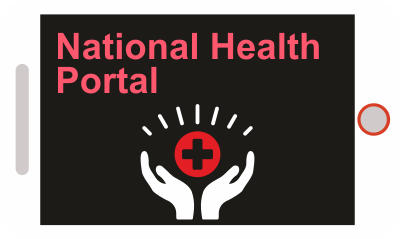
As digital technology empowers the healthcare ecosystem in India, Hitachi and Hitachi MGRM Netco creates solutions to accomplish greater transparency, enhanced clinical safety, compliance to disease protocol, and accessible telemedicine in India, to elevate the patient experience significantly. Furthermore, Hitachi and Hitachi MGRM Net is creating an infrastructure that links medical institutions and other organizations to share vital patient data in real time with the relevant healthcare professionals anywhere for timely analysis and treatment. By providing advanced medical technology and encouraging data usage,Hitachi is contributing towards a truly sustainable society with efficient medical facilities, optimised medical expenses and most of all, better public access to healthcare.
Source:
1- https://m.timesofindia.com/business/india-business/telecom-subscribers-base-up-marginally-at-116-8-crore-in-june/articleshow/65476753.cms
2- https://www.healthitoutcomes.com/doc/mhealth-statistics-to-know-0001
3- https://m.hindustantimes.com/health-and-fitness/doctor-on-call-using-text-messages-to-improve-public-health-in-india/story-bxJUBEr5tGbqRBicf7T47K_amp.html
4- http://go.hitachiconsulting.com/SmartDigitalDiabetesPrevention
5- https://m.hindustantimes.com/health-and-fitness/doctor-on-call-using-text-messages-to-improve-public-health-in-india/story-bxJUBEr5tGbqRBicf7T47K_amp.html
6- https://www.indiatoday.in/pti-feed/story/mobile-app-launched-to-create- awareness-among-pregnant-women-912784-2017-4-22
7- http://www.healthconnect-intl.org/ictforh.html